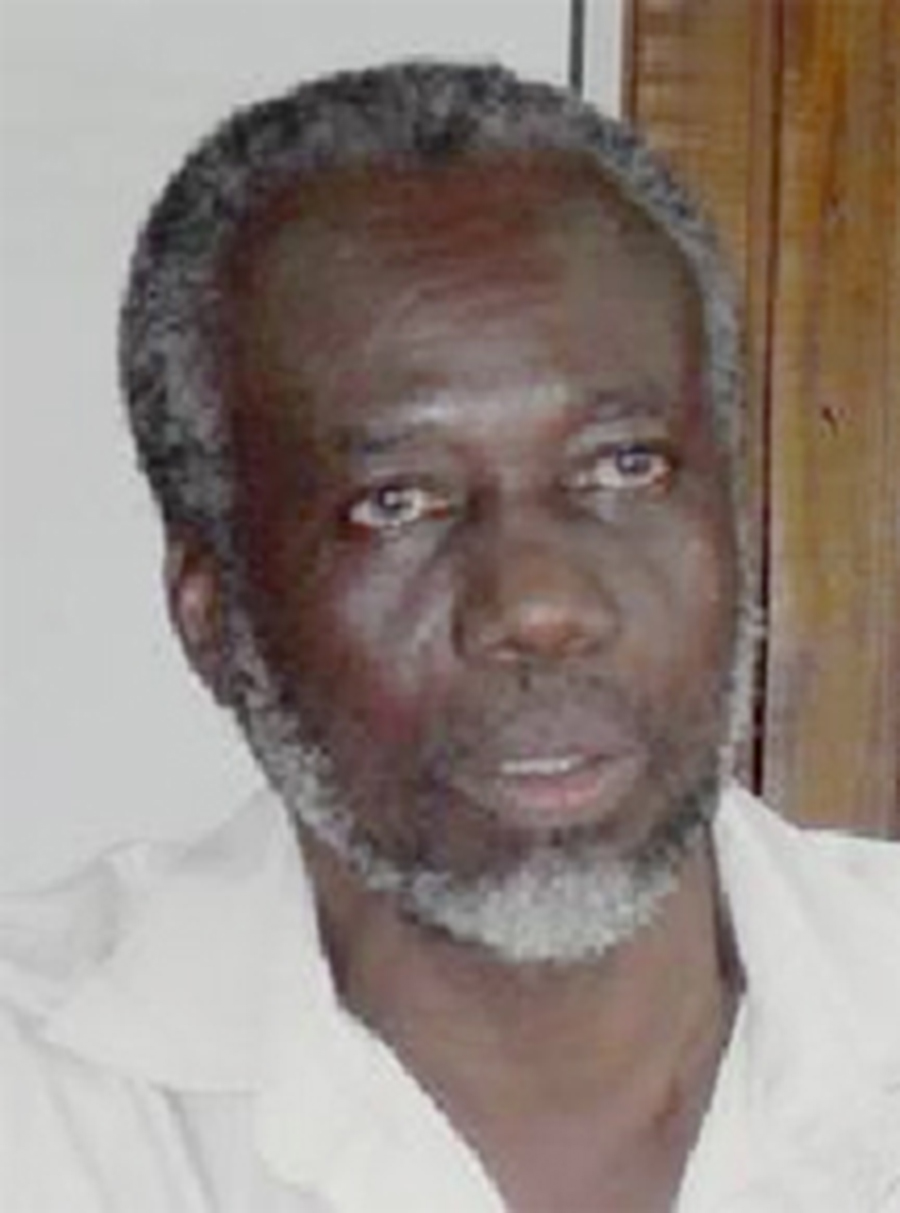The Guyana Trades Union Congress (GTUC) is calling on the Government of Guyana to honour the rule of law concerning workers’ right to collective bargaining and says it plans to take its case to court.
These remarks and others were made at the first meeting of the GTUC’s Central Executive for the Triennial Period 2023–2026 on Thursday, December 14, under the chairmanship of its newly-elected President Norris Witter, a GTUC release stated yesterday.
The release disclosed that representatives of the Guyana Public Service Union were also present at the meeting where discussions were held on the government’s “continual violation of the rule of law, the transgressing of the constitutionally protected right of unionised workers to collective bargaining, and the imposition of wages and salaries, irrespective of the sum, which violated the principles of collective bargaining and the international conventions which the Government of Guyana is a signatory to.”
Therefore, GTUC chose this forum to condemn, “in the strongest possible terms,” what it considered to be the government’s “continuous descent into lawlessness,” warning that such actions do not augur well for citizens’ welfare and legitimacy of any government. “No government that believes in the rule of law, which governs modern society, would flagrantly continue to violate the tenet on which modern societies are built.”
As part of its deliberations, the Executive expressed the hope that the court can move “expeditiously” in addressing the collective bargaining case placed before it. It described the matter as a “travesty in this society” that workers/citizens must revert to the court to ensure respect for basic rights.
As such, the GTUC called on the government and its allies to honour the rule of law and acknowledge its importance to a harmonious working climate, production and productivity.
To bolster its position, the union body referenced Article 23 (1) of the Trade Union Recognition Law which expressly states: “Where a Trade Union obtains a certificate of recognition for workers comprised in a bargaining unit in accordance with this Part, the employer shall recognised the Union, and the union and the employer shall bargain in good faith and enter into negotiations with each other for the purpose of Collective Bargaining,” while stressing that the workers deserve no less.
As far as the GTUC is concerned, there is no reason why the government cannot honour the very law it helped draft and pass if its intent toward the citizens of Guyana is honourable and non-discriminatory. And as result, the union Executive announced its decision to move to the court to seek legal remedy as it commences the action of sensitising workers throughout the country as to the dangers of only addressing the quantum of its increase while at the same time “turning a blind eye to the violation committed by this government.”
The release also disclosed that meeting also commenced the examination of a proposed Plan of Action arising from the decision of congress. This included the reconstruction of the women and youth arm, focusing on the United Nations Sustainable Development Goal 2030, and deconstructing GTUC’s 15-point plan in its pursuit of social economic and political justice for the working class, “past, present and future.”
Meeting with IACHR Office of the Special Rapporteur
on press freedom
It was also disclosed that GTUC General Secretary, Lincoln Lewis on Monday, December 5, met with the Office of the Special Rapporteur on Press Freedom from the Inter-American Commission on Human Rights (IACHR) – an organ of the Organization of American States (OAS) – to report on the state of free speech in Guyana, particularly the union body’s contention that there is denial of access to state-owned media.
The General Secretary told the Office of the Special Rapporteur there has been a pattern of denial for years and cited the following instances: 1) whilst other media houses provided coverage of the GTUC’s May Day March and Rally, held on May 1, the state-owned Guyana Chronicle did not. 2) Whilst all the media houses were invited to provide coverage of the GTUC’s Triennial Conference held in November and some private media provided coverage, the state media did not. 3) Whilst other media houses, notably Stabroek News, Kaieteur News, and Village Voice News, carried the General Secretary’s response to acting President Mark Phillips’ message to the IACHR that the Government does not practice discrimination. Evidence of discrimination was provided in the General Secretary’s letter. 4) However, the state media did not carry the General Secretary’s response, “thereby denying a section of the Guyanese readers an opportunity for clarity on the issues raised.” And 5) The state media also denies access to or the right to respond to persons even though they would often carry negative and misleading stories from government operatives and allies.
The release also observed that some private media working closely with or in tandem with the state media, also would deny opposition or opposition-perceived sources access to, or the right to respond to persons even though they would carry negative messages from government and government supporting forces. This, it opined, is widely believed to be done usually due to fear of government backlash such as withdrawal of ads.
Lewis also told the IACHR, that the GTUC views such actions as representative of an orchestrated effort by Government to “stifle dissent and limit alternative views to those which they propagate to influence the minds and behaviours of the Guyanese population.”
Further, he advised the Commission that this has been on ongoing practice that has resulted in many now engaging, consciously and unconsciously in self-censorship, being fearful that daring to speak a narrative different from that adumbrated by that of the governing party will get them in trouble, “where they are attacked verbally, physically, economically, and they can even be incarcerated, and face made to face trumped-up charges even though there might be no intent to prosecute. In other words, they are tried in a court of public opinion and not through the judicial system,” the release added.






